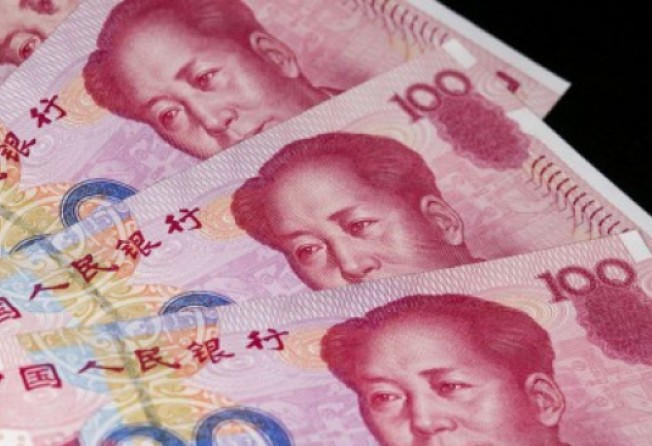China sets rules for online lenders as it vows to cleanse the market
Banking watchdog releases draft regulations to rein in booming sector of internet financing ‘middlemen’ that is becoming increasingly problematic

The mainland has taken its first concrete step towards reining in its boisterous online lending industry, which has grown increasingly problematic and threatens to endanger financial stability.
In draft rules issued this week, the China Banking Regulatory Commission defined such businesses as internet financing intermediaries that operate between borrowers and lenders, which means they cannot raise or lend funds on their own.
The commission acknowledged that an absence of risk controls and supervision, together with a shortage of rules, had allowed some firms to illegally raise funds and flee when the risks were exposed.
The regulator said 2,612 peer-to-peer (P2P) online lending firms were operating normally by the end of last month, while more than 1,000 additional lenders were considered problematic, accounting for 30 per cent of the total.
The draft came after Fanya Metals Exchange failed with 36 billion yuan (HK$43 billion) owed to investors. It also came after an investigation into the financing model of Ezubao, which raised 75 billion yuan from more than 900,000 investors.
The commission’s draft regulation, issued on Monday, forbids P2P online lending firms from selling wealth management products, insurances and trust products, which often promise high returns. It also bans such firms from guaranteeing yields as well as from pooling their investors’ money.
In another move to shore up financial stability, the central bank, the People’s Bank of China, announced yesterday that it would improve management of deposit reserves and credit creation from 2016, expanding its supervision to cover more bank assets and including more parameters in its deposit reserves policy.
Observers say the move will give the central bank a bigger role in financial supervision.
Zeng Gang, a researcher with the Chinese Academy of Social Sciences, said the draft rules would have a significant impact on the sector as many players would be knocked out once the restrictions took effect.
The deadline for public feedback is January 27, and the industry will be given a grace period of 18 months to comply.
“The draft rules, which take a negative-list approach to laying out the restrictions, will provide more room for qualified P2P online lending platforms to grow their business,” said Wei Wei, co-founder of Jimubox, one of the mainland’s leading P2P lending platforms. “Some of those failed platforms have hurt investors’ confidence and the industry’s reputation.”
Internet financing has seen explosive growth over the past two years, with big listed firms, private business and state-owned financial institutions actively developing their own P2P platforms.
Lufax, a P2P lending unit operated by Ping An Insurance, predicts the internet finance sector will reach US$565 billion by 2018 – nine times bigger than the estimated scale in the United States by that year.
Northeast Securities said in a research report that at the end of the first half of 2015, nearly 70 per cent of internet users had used products and services provided by the online finance sector.
More than 60 per cent of customers conducted monthly investments in the sector, it said.
But there have been widespread concerns of a regulatory vacuum.
The draft lists multiple departments as responsible for supervision, including the commission, the Ministry of Industry and Information Technology, the Ministry of Public Security, as well as the internet information watchdog and local finance regulatory departments. But concerns remain that the arrangement will still prove inadequate.